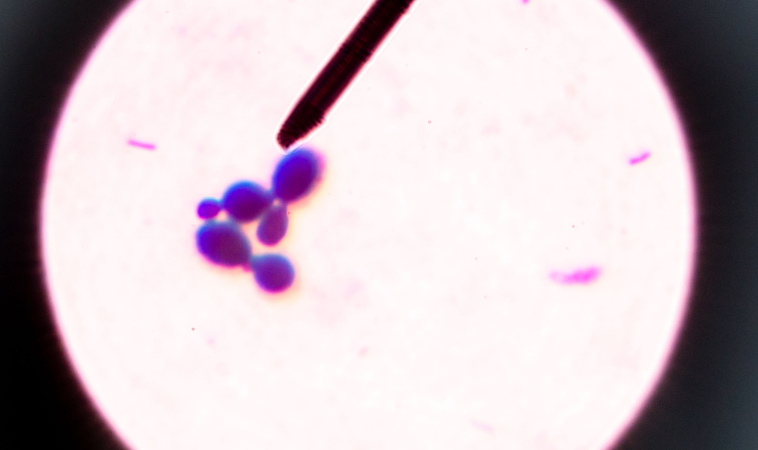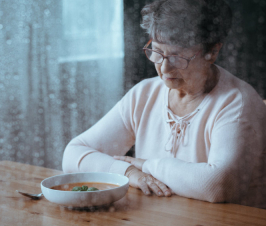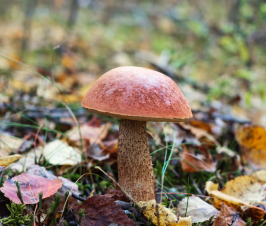Psilocybin mushrooms have been found to have minimal harmful effects and could potentially benefit those with depression. But they remain illegal even though they offer a groundbreaking alternative to several under-treated psychological conditions.
Psilocybin remains illegal despite offering a groundbreaking alternative to several under-treated psychological conditions
Nevertheless, psychedelics are currently riding a wave of positive momentum brought on by cannabis, and if psilocybin gets approved as a pharmaceutical drug, production in yeast appears to be the most commercially viable option.
“It’s infeasible and way too expensive to extract psilocybin from magic mushrooms and the best chemical synthesis methods require expensive and difficult to source starting substrates. Thus, there is a need to bring down the cost of production and to provide a more consistent supply chain,” says Nick Milne, former Postdoc at DTU Biosustain and CSO and Co-founder of Octarine Bio.
Bio-based production of psilocybin has gained big interest
Bio-based production of psilocybin has gained big interest and researchers have already proved small-scale production in E. coli. However, production in bacteria comes with a wide range of concerns which can be addressed by using yeast instead.
In yeast, the scientists prove that psilocybin can be produced de novo, which means that you can produce the molecule by simply growing the yeast with sugar and other nutrients, without the need to add any other starting substrates.
Producing psilocybin de novo in E. coli
Producing psilocybin de novo in E. coli is difficult since a key enzyme in the biosynthetic pathway doesn’t work in bacteria, and so to get around this problem you need to add an expensive starting substrate, making the whole production process too costly.
“Since yeast and Psilocybe mushrooms are quite closely related species, this enzyme works very well in yeast, providing a much more cost-efficient alternative,” says group leader at DTU Biosustain Irina Borodina.
Yeast also performs better in large-scale fermentation
Additionally, yeast also performs better in large-scale fermentation due to its long history in the beer brewing process, and also in the purification process since E. coli produces additional potentially harmful compounds that you would not like to have in your final product.
1. N. Milne, P. Thomsen, N. Mølgaard Knudsen, P. Rubaszka, M. Kristensen, I. Borodina. Metabolic engineering of Saccharomyces cerevisiae for the de novo production of psilocybin and related tryptamine derivatives. Metabolic Engineering, 2020; 60: 25 DOI: 10.1016/j.ymben.2019.12.007

Razi Berry is the founder and publisher of the journal Naturopathic Doctor News & Review, which has been in print since 2005, and the premier consumer-faced website of naturopathic medicine, NaturalPath. She is the host of The Love is Medicine Project docuseries, The Natural Cancer Prevention Summit, The Heart Revolution-Heal, Empower and Follow Your Heart, and the popular 10-week Sugar Free Summer program. From a near death experience as a young girl that healed her failing heart, to later overcoming infertility and chronic fatigue syndrome and fibromyalgia through naturopathic medicine, Razi has lived the mind/body healing paradigm. Her projects uniquely capture the tradition and philosophy of naturopathy: The healing power of nature, the vital life force in every living thing and the undeniable role that science and mind/body medicine have in creating health and overcoming dis-ease. You can follow Razi on social media: Facebook at Razi Berry, Instagram at Razi.Berry and join the Love is Medicine group to explore the convergence of love and health. Look for more, and listen to more Love is Medicine podcast episodes here.

















